Photo credits: William Burgis
A Connecticut woman who sued Harvard University over its ownership of images she said depicted her enslaved ancestors received a partial win on Thursday (June 23) from Massachusetts’ highest court.
According to the Associated Press, the state’s Supreme Judicial Court said Tamara Lanier may file a lawsuit against the Ivy League school for mental distress resulting from the released images and return that portion of her case to the state Superior Court.
However, the top court upheld the lower court’s decision to dismiss Lanier’s ownership claim over the pictures. Her legal team, nonetheless, found grounds to celebrate the result.
The images used in Lanier’s case were shot in 1850 and show Delia, a slave from South Carolina, and Renty, Lanier’s great-great-great-grandfather. Renty was the subject of the complaint. These photographs of Black Americans in slavery are said to be some of the oldest ones.
The images were purchased by Harvard scientist Louis Agassiz as part of his scholarly endeavors to buttress his ideas about Black people that are based on white supremacy.
In its decision, the State Supreme Court ruled that Harvard should have contacted Lanier before using one of the photos on a hardcover and symposium handouts.
The judges pointed out that the photographer, not the subject, is the rightful owner of the photographs. That portion of the decision was disputed by one of Lanier’s attorneys. The university is analyzing the choice and has no immediate comments, according to Harvard spokesperson Rachael Dane, according to The Harvard Crimson.
The judges’ decision was made as Harvard examines its historical connections to slavery. The institution acknowledged its role in the slave trade and white supremacy in a study titled “Harvard and the Legacy of Slavery” that was published in April. To correct the inequities, university administrators have given $100 million.
According to the conclusions of a commission entrusted with researching the past, Harvard academics, employees, and leaders held more than 70 people in slavery from the time of the institution’s founding in 1636 until slavery was abolished in Massachusetts.
Some of the slaves resided and worked on the university’s campus, where they provided services to the president, faculty, and students. Through its links to affluent patrons, Harvard also made money off the slave trade in the American South and the Caribbean.

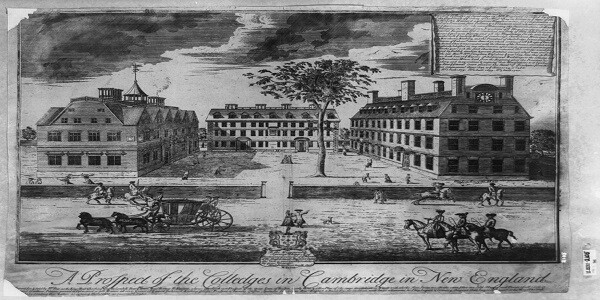



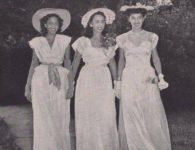
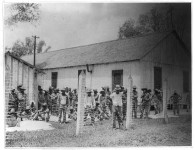

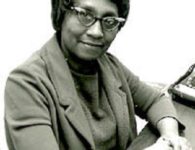





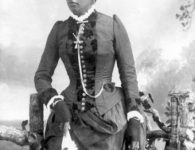






No comments